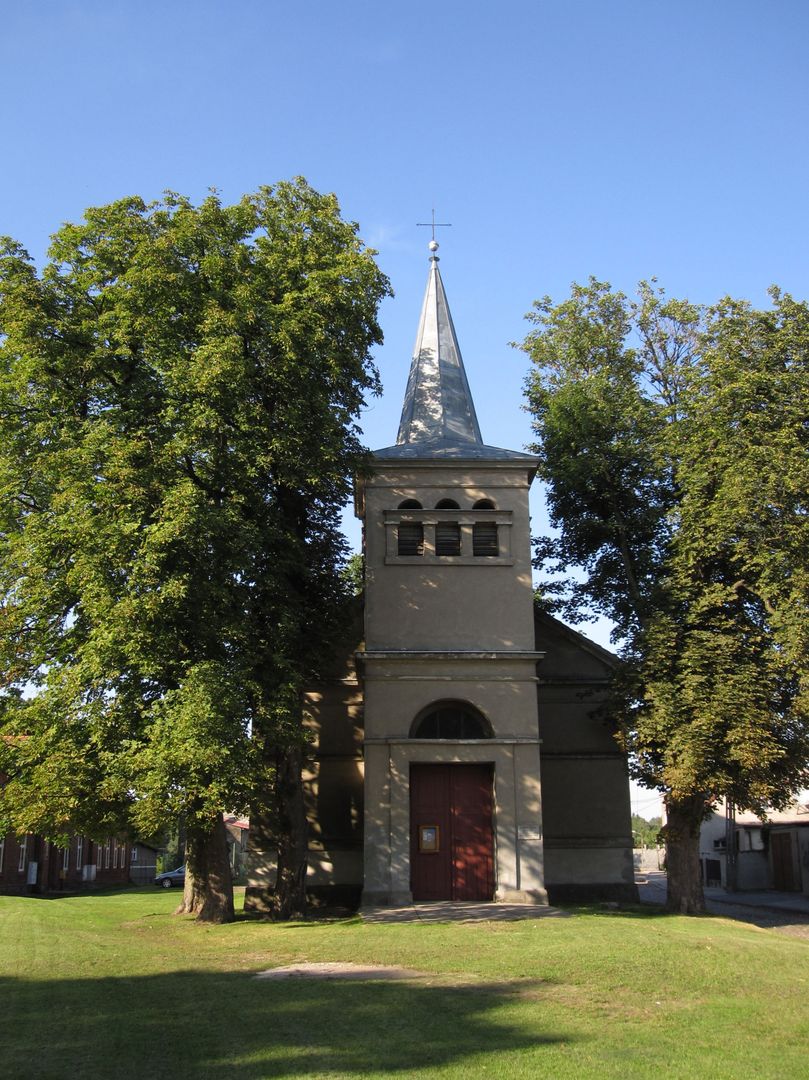Lidzbark
6.76

Overview
Lidzbark, located in the Warmian-Masurian Voivodeship, is a picturesque town with a rich history. According to data from the Central Statistical Office (GUS) at the beginning of 2023, it had approximately 7,300 inhabitants. Its location on the Wel River and near Lake Lidzbarskie gives the town significant tourism potential, as well as abundant natural resources, making it ideal for recreation and leisure. Lidzbark holds the status of a tourist town, which highlights its well-developed accommodation and catering infrastructure. The town's patron saint is St. Adalbert (Św. Wojciech), and its name evolved from the German "Lautenburg," associated with the Teutonic Knight commander Otto von Lutterberg, who contributed to granting the town its municipal rights in the 14th century. In 1301, the town was founded under German law, and the Teutonic Knights built a castle and urban structures, giving it a defensive character. Lidzbark experienced dynamic development after 1466, when it became part of Poland and gained numerous royal privileges. During the First Partition of Poland in 1772, the town was incorporated into Prussia, except for the years 1807–1815, when it was part of the Duchy of Warsaw. In the 19th century, Lidzbark gained railway connections, which contributed to its further growth. It is worth mentioning the children's strike of 1906, which was a form of resistance against Prussian school authorities. During the interwar period and after World War II, the authorities undertook efforts to rebuild the town, which had been damaged by conflicts. The architecture of Lidzbark is a testament to its centuries-old history, with valuable monuments such as the Church of St. Adalbert, remnants of a 14th-century Gothic castle tower, and the Evangelical-Augsburg church building from 1829. In addition to religious and industrial landmarks, the town is characterized by a picturesque urban layout with streets bearing historical names. Lidzbark also has a vibrant cultural scene, with the Municipal Cultural Center, and its residents are involved in various organizations. Notable museums include the Warmian-Masurian Firefighting Museum and the Nature Museum at the Wel Landscape Park. The town is known for its sports activities, with the Wel sports club and sections such as football, volleyball, and kayaking. Additionally, in 2012, Lidzbark was awarded the title of "Summer Capital of Warmia and Masuria," highlighting its growing importance in regional tourism. The town also maintains partnership relations with German municipalities, fostering cultural exchange.
Location
2026 Wizytor | All Rights Reserved